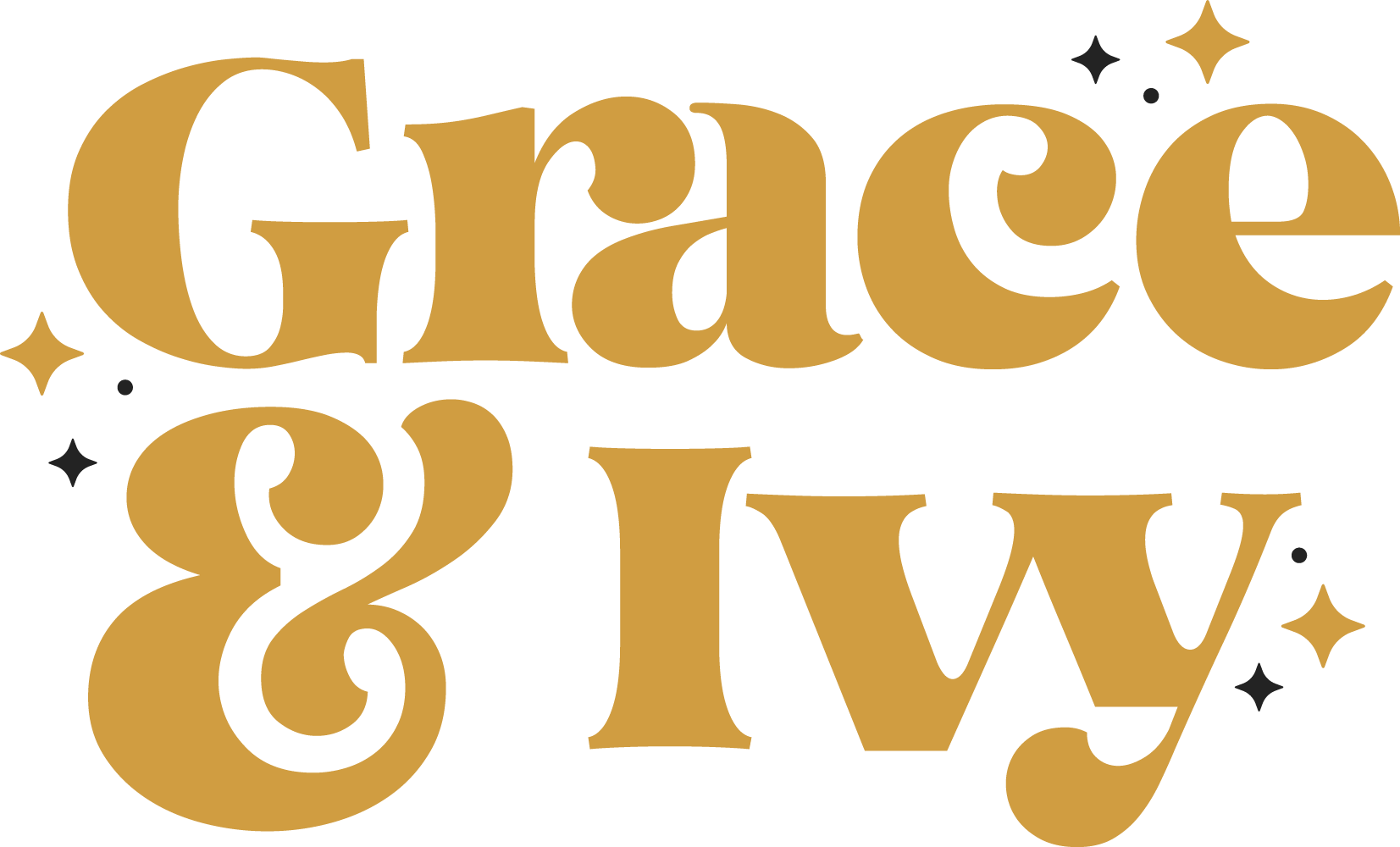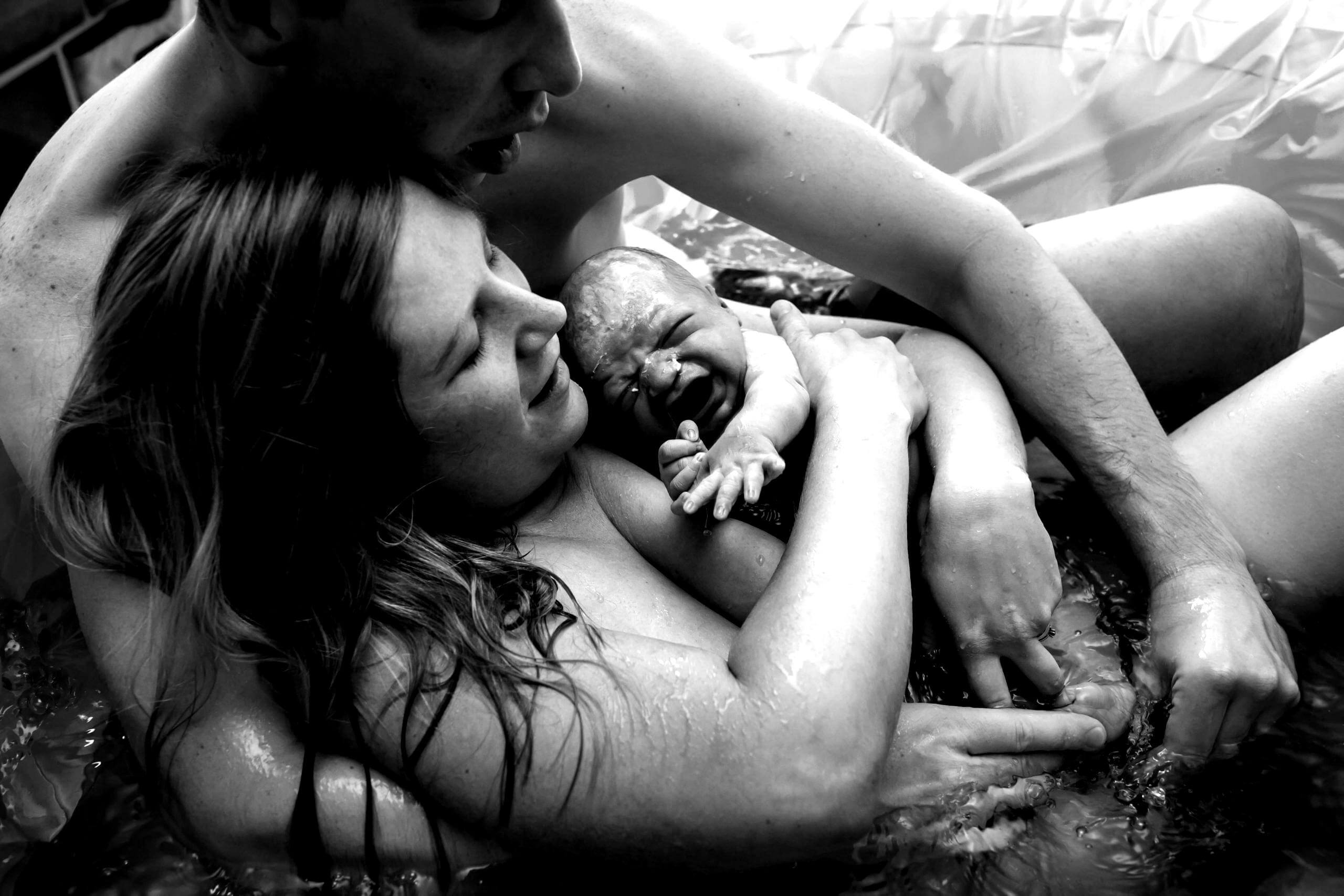“Birth doesn’t ask you to be fearless. It asks you to be brave.” – Britta Bushnell
Pregnancy, birth and postpartum are often the most joyful times of a persons life, but they can also be physically, emotionally and mentally draining, some may even say damaging.
The emotions we feel during birth are real. They are powerful and they affect us deeply.
Processing your birth and writing your birth story are transformative tasks that I recommend to all who have ever birthed a baby from their body.
Why? Because the fact is, that no matter how you birthed, you will never forget it. It leaves an imprint on your soul and psyche that stays with you forever. Sometimes, depending on what your birth was like, that imprint may not be a positive thing. Processing your birth story can help change that.
When you give yourself the opportunity to tell your story, you allow yourself to process your birth experience, to feel validated, understood and affirmed.
This will allow you to more quickly appreciate the experience, heal and grow from it and dare I say…move on.
When we ignore these emotions or don’t appropriately deal with them, they can negatively affect our emotional well-being and mental state, sometimes for years. They can also significantly impact subsequent birthing experiences. Writing your birth story is a huge step towards healing.
Even if it is difficult to find the time to process your birth and write your birth story it is one of the postpartum tasks that I consider essential to help you fully and truly recover from your birth.
You don’t need to sit at a computer or notebook with pen in hand until the story is written, tweaked and ready to be published. Just jotting notes when they come to mind, making a timeline or even recording voice memos are the perfect way to get started and collect these important early thoughts and memories as they come to you.
However you choose to write your story, here are some pointers to help you get the most out of the experience:
PREPARE MENTALLY TO REVISIT YOUR BIRTH SPACE
Give yourself adequate time and space to relax and reflect.
Have your partner or other caregiver look after the kids.
Treat yourself gently. No matter what your birth was like, strong emotions are likely to arise.
Allow yourself to feel tender and vulnerable. Let the emotions flow and wash over you.
Because you are opening yourself to vulnerability, make sure you don’t schedule anything pressing afterwards. You may need some time to come back to time and space and let your mind and body readjust from the visit back to your birth space.
And most importantly…don’t stress! Don’t try to make it perfect. Don’t get upset if you can’t remember every detail. Just write down what you can and gently remind yourself that our brains are wired to forget our labour as a way of keeping the species going.
USE YOUR SENSES TO PROMPT YOUR MEMORY
Birth is a sensory experience. You used all five senses when you were giving birth – your sight, smell, hearing, touch and taste all played a part in your experience.
Try to use these experiences to bring you back to your birthing space. Listen to your labour playlist; smell any essential oils you may have used. Lower the lights and write by candlelight if you birthed in with candles. Touch your belly to connect with your body. Maybe even sit on your birth ball and relive your figure 8s. Did you eat or drink in your labour? Maybe prepare your labour foods to snack on while you write. Did you hop in the tub while you laboured? If so, then maybe that is where you should start your writing journey.
Using all of your senses will naturally bring back the details of that special day.
LET IT FLOW
Don’t aim for perfection. Let your story flow and just jot it down as it comes.
You can always go back and edit it later if you want, but the important thing is to get started.
Also, don’t censor yourself. This project, at this point in time, is for an audience of one…you! So if you find yourself swearing or cursing just go with it. Similarly, it’s ok if it gets a little R rated…don’t leave out anything that you would feel uncomfortable or embarrassed about if others read it. All details are important.
You can decide later, whether you want to share all of the juicy details with everyone…but for now, write them down for the process.
START WITH A TIMELINE
One of the tricks our mind plays on us is distorting time when we are in labour. Your pushing phase may only have been a few contractions long, but it may be remembered as hours of the hardest work your have ever done.
To get past this, try to put together a timeline.
This may require you to touch base with others who were in the birth room with you, your partner, doula, midwife, mother.
Maybe even go back and check your text messages from that day.
Did you use a contraction timer? That will still have your contraction times listed.
Check your photos from your labour and birth if you took any.
And don’t forget that if you are really struggling you can ask your hospital, OB or midwife for your medical records. They are required by law to keep detailed records.
All of this will help you put together your timeline, which will come in handy to help you fill the gaps.
TIDY IT UP AND DECIDE WHO GETS TO READ IT
The process of writing your birth story is the most important, therapeutic part of the project, even if you never look at it again.
But when you are done, you can do whatever you’d like with it!
Leave it raw; perfect it to publishing quality; keep it to yourself, or share it with the world! Maybe you want to edit it and write it as a letter to your baby. Perhaps you just want to include the general highlights to share with your friends and family. Or maybe you want to include every tiny detail, to treasure privately forever, just for you. Whatever you decide to do with it, make a copy and store it in the cloud for safekeeping.
STUCK? WRITERS BLOCK? USE THESE PROMPTS TO GET STARTED
Sometimes guiding prompts are a great way to start. Use these to get a framework together, and then flesh out the rest of your story:
- How did you know that labour was starting?
- Where were you and what were you doing when labour started?
- What was your early labour like?
- Did you have early labour or go start into active labour?
- What did you do in between contractions?
- Who was on your birth team and when did they join you?
- What did your partner/doula/family do to help you?
- Where did you birth?
- If at a hospital, when did you decide to transfer to the hospital?
- If at home when did you call your midwife? Or did you birth unassisted?
- Did you drive to your birth space? What was the car ride like?
- Did you listen to any music in labour?
- Did you post on social media?
- What was the room like that you gave birth in?
- Did you do anything to prepare your birth space?
- Did you build a dark, safe, private cave for you to birth in? What was that like?
- What did your contractions feel like?
- Did anything funny/unusual/weird happen during your labour?
- What was the hardest part of active labour?
- What did you eat or drink during your labour?
- Did you spend any time in the shower or tub during your labour or birth? How did it feel?
- What positions did you labour in? What was your favourite?
- Did you have any physical side effects of labour? Back pain, throwing up, pooping, hot flashes, shaking, fever, etc.
- What did you use for pain relief? How well did it work?
- Did you use Hypnobirthing?
- What medical professionals were there for your labour and birth? What did you think of them?
- If you chose cervical checks, when and how dilated were you?
- Did you have any emotions about your progress?
- Did you use any visualizations or mantras during your labour? What were they?
- What did your support people say to you that was helpful or encouraging?
- Did labour ever stall or stop? What did you do to help it pick back up?
- If you had a C-section, what was the point when that decision was made?
- How did you feel about that decision?
- When did you start pushing? Did you feel the urge to push or did your doctor or midwife tell you when to start?
- How long did you push?
- What were you thinking while you were pushing?
- If you had a C-section, what was it like getting prepped for surgery? What were you thinking?
- Did you have a gentle C-section?
- Did you or your baby have any medical interventions?
- What was it like to meet your baby face-to-face?
- What was your partner’s reaction to the baby being born?
- Did your baby look like you expected them to look?
- Were they covered in vernix?
- Did your baby need any medical attention? Help with breathing, or taken to the NICU?
- What was it like to deliver the placenta? Did you do anything with it?
- Who cut the baby’s cord?
- When did you name your baby?
- Why did you give your baby that name?
- How did you feel after baby was born?
- Did you have any tearing, stitching, or medical attention?
- Who was the first person to hold the baby?
- What was skin-to-skin like?
- Did you breastfeed your baby?
- What was the first latch like? How long did baby breastfeed that first time?
- If you bottle-fed, who fed baby first? How did baby like it?
- Who was your first visitor? What were their reactions to the new baby?
- If you have other children, when did they come to see the baby? What was their reaction?
- Did Covid affect your birth plans at all?
- What was your pregnancy like? What were the joys and challenges?
- How was labour different than you were expecting?
- What was the most mentally or emotionally challenging part of labour?
- Is there anything you wish you could have done differently?
- What was the most physically challenging part of labour?
- What coping tools worked best for you?
- When did you feel most connected to your partner or baby?
- What was the hardest decision you made?
- How did your birth team support you well?
- Where did you not get enough support?
- What is one thing you wish you had said to your birth team?
- When did you feel powerful?
- When did you feel proud of yourself?
- What was your immediate postpartum like?
- What did you learn about yourself?
- In what ways did this experience change your relationship with your partner?
STILL STUCK WITH WRITING YOUR BIRTH STORY? GET YOUR BIRTH TEAM INVOLVED
Processing your birth with the people who were there can be helpful, and a lot of fun!
Listen to the details that stood out to them and hear the story from their perspective.
I can guarantee that they saw or noticed things that you didn’t, and they will tell you exactly how brave and strong and amazing you were. You can use their memories to help prompt your writing process.
Having your birth partner write down their side of the birth story can be so special too, especially if your birth was traumatic. We often forget that partners can experience birth trauma too.
And as a bonus, your baby will love to have their birth story from both parents when they grow up.
If you would like to share your birth story as a part of your healing process, or you just think it should be heard, feel free to reach out if you would like it published on my website or Social Media channels.


